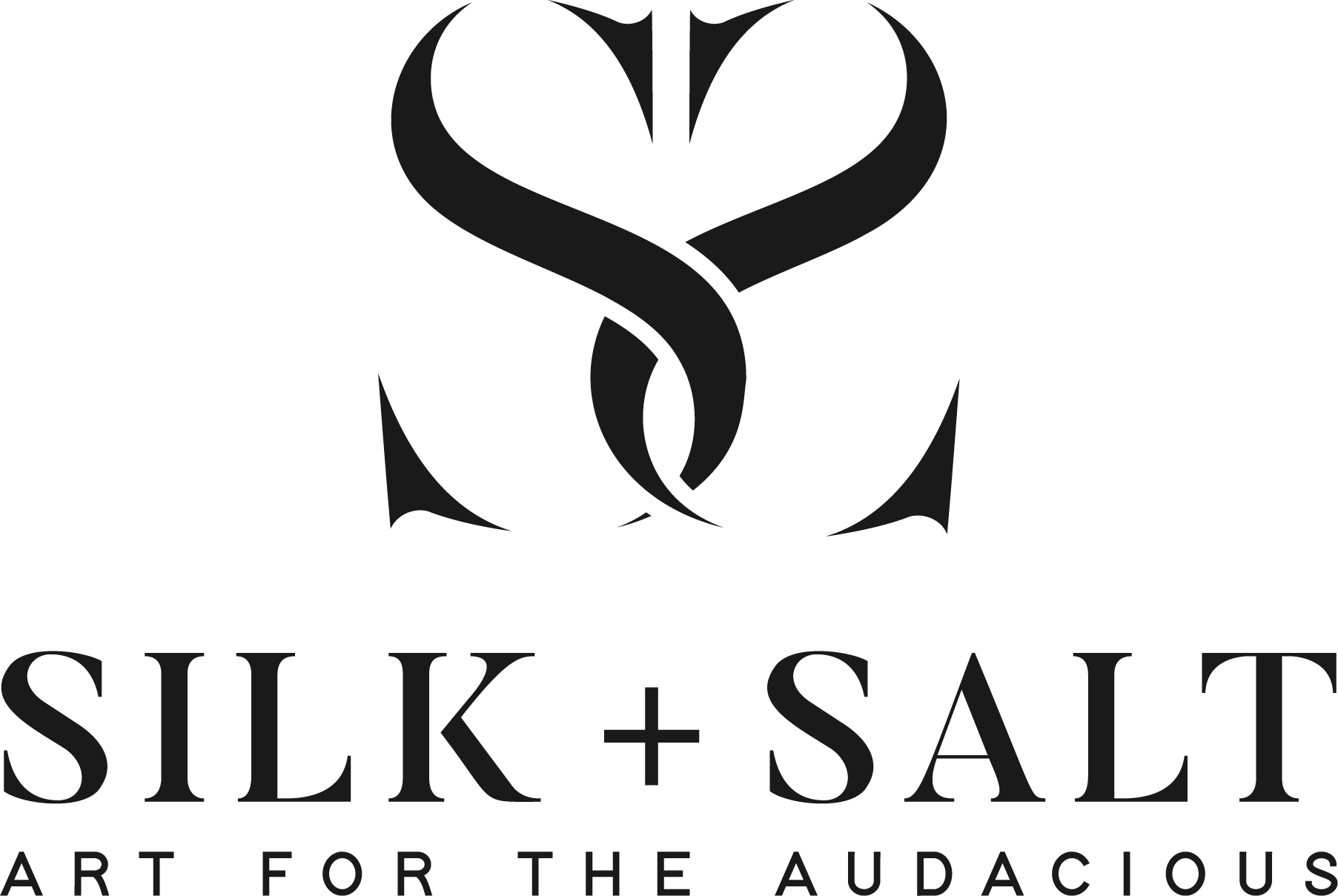by Vanessa Rae
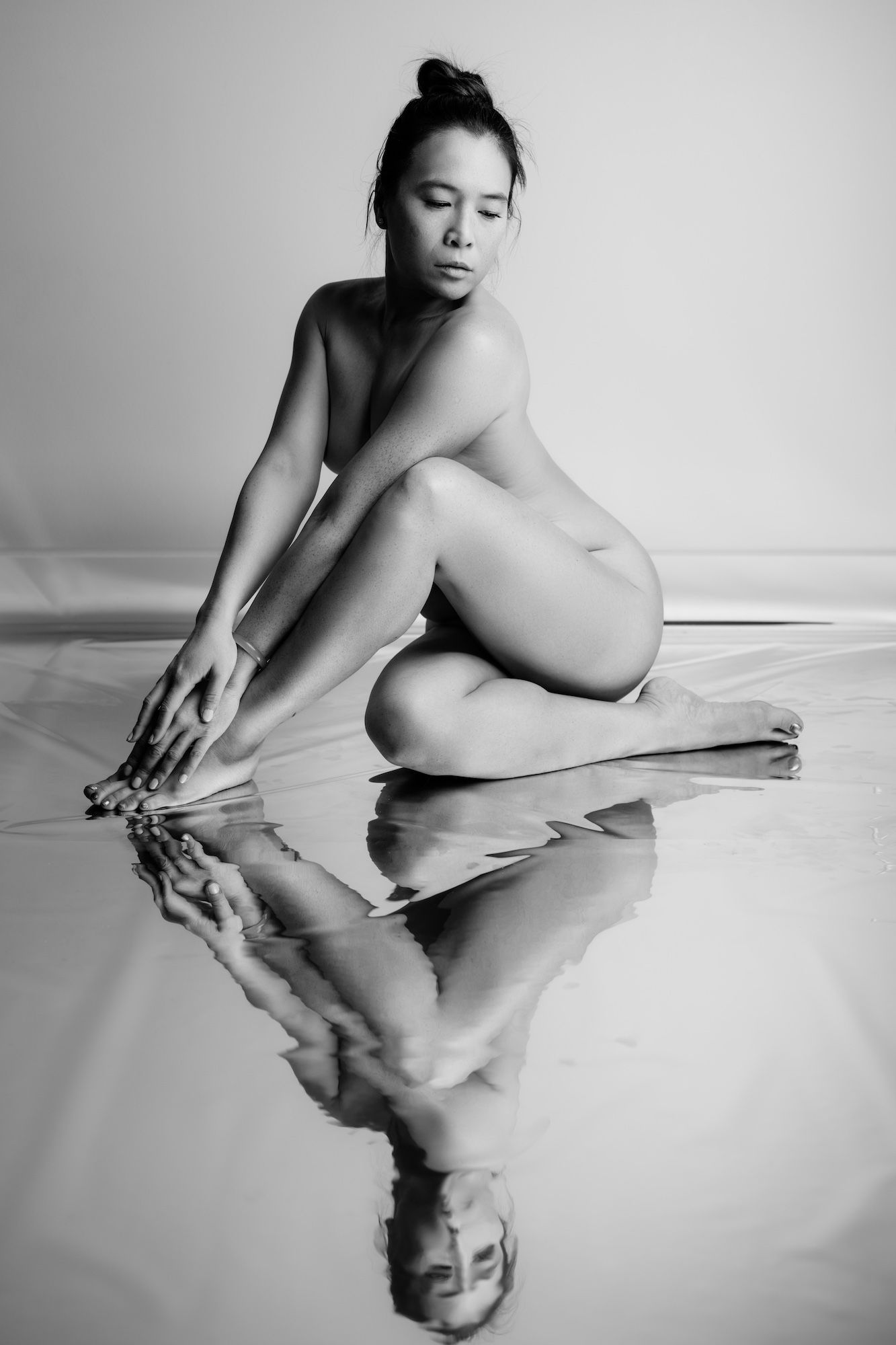
I won't lie to you, speaking on the topic of body positivity makes me cringe and squirm with uncomfortable feelings. In intimate and trusted spaces, I've been a fly on the wall for many conversations on the topic, politely nodding in agreement while in my head I say to myself, “this doesn't apply to you.” There are many points to be made about body acceptance, body image, and body dysmorphia, all of which I believe are important and deserve to hold space in conversation. But what if I care less about what my body looks like, and more about what it feels like? How it functions, and more importantly, how it sometimes doesn't function the way I want it to?
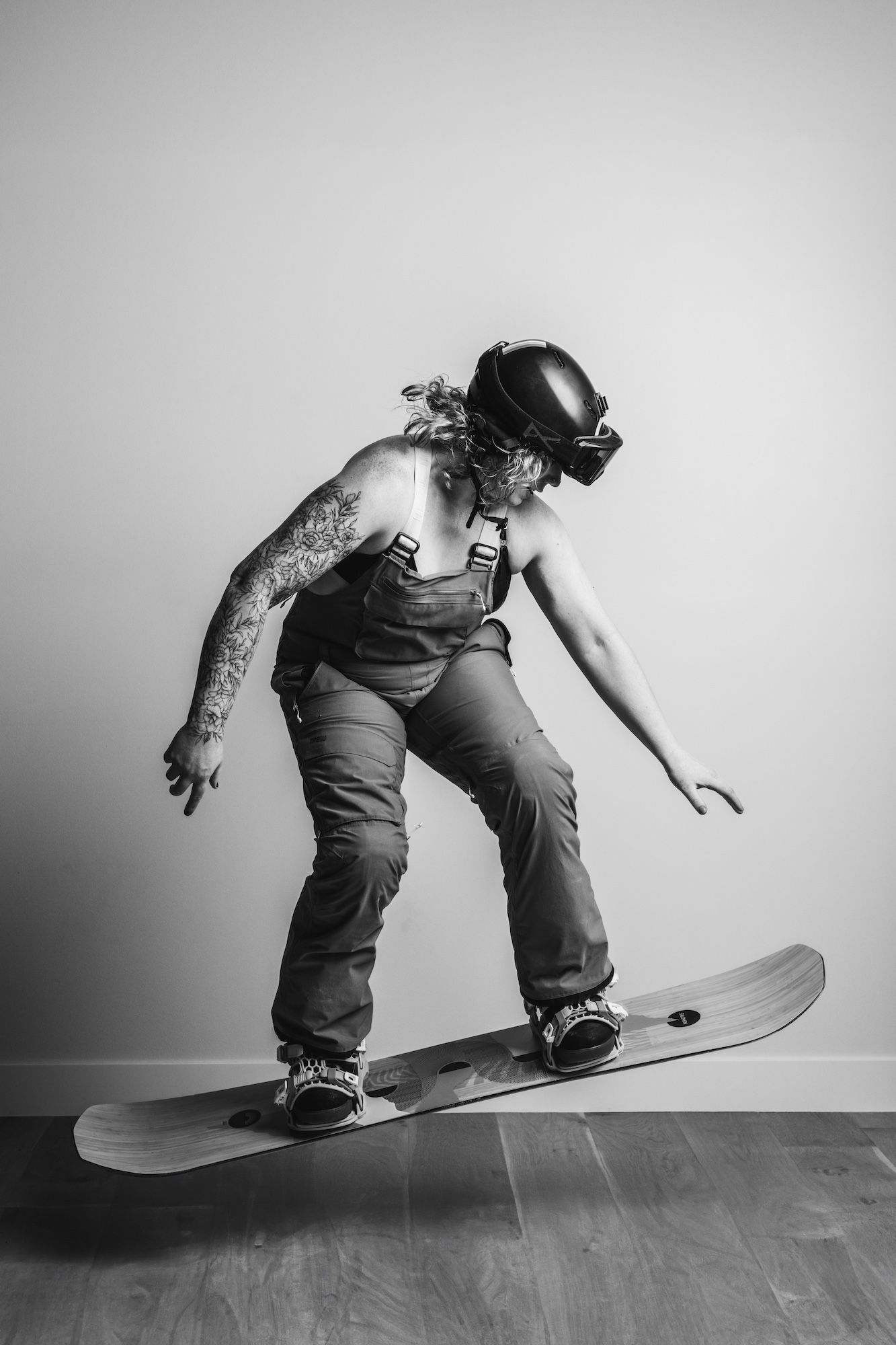
I hold space for many women who struggle with body acceptance, and although I don't share in their struggles with body image, it's hard for me to accept when my body is hurting, injured, or needs accommodations that are potentially inconvenient for others. I've spent a lot of my life down-playing physical pain and pushing my body way past its limits, which in hindsight is extremely self destructive. However, since I haven't faced insecurities about how my body looks, I sometimes feel as though my negative feelings towards my body don't deserve to be talked about in body acceptance conversations. I can't be the only one who feels this way, right?
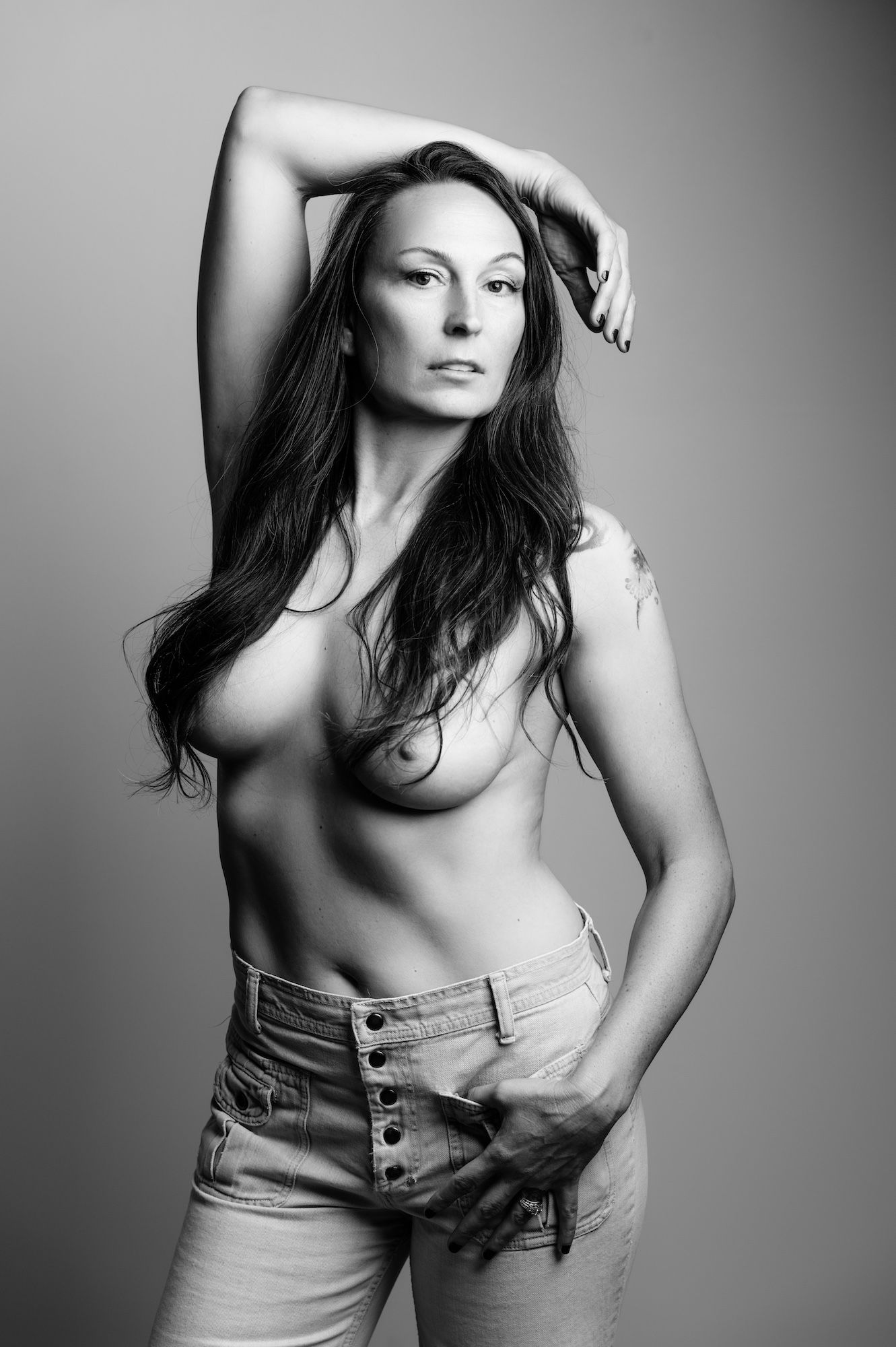
About a month ago, almost to the day, I sustained a work injury that has left me unable to do basic household chores, drive a car, or even shower without pain - and that is SUPER frustrating! On top of constantly feeling like a burden to my friends for inconveniencing our lunch dates with my food allergies, I now rely on them to help me through my day-to-day tasks and it's difficult not to be disappointed or frustrated with my body for not being up to it. I'm embarrassed by my body when it “gets in the way” of what I want to do, and what my friends want to do. It's obvious to me that this way of thinking is due to societal and patriarchal programming from a young age, and the voice in my head that’s telling me my body is “inconveniencing” others is a voice only I can hear.
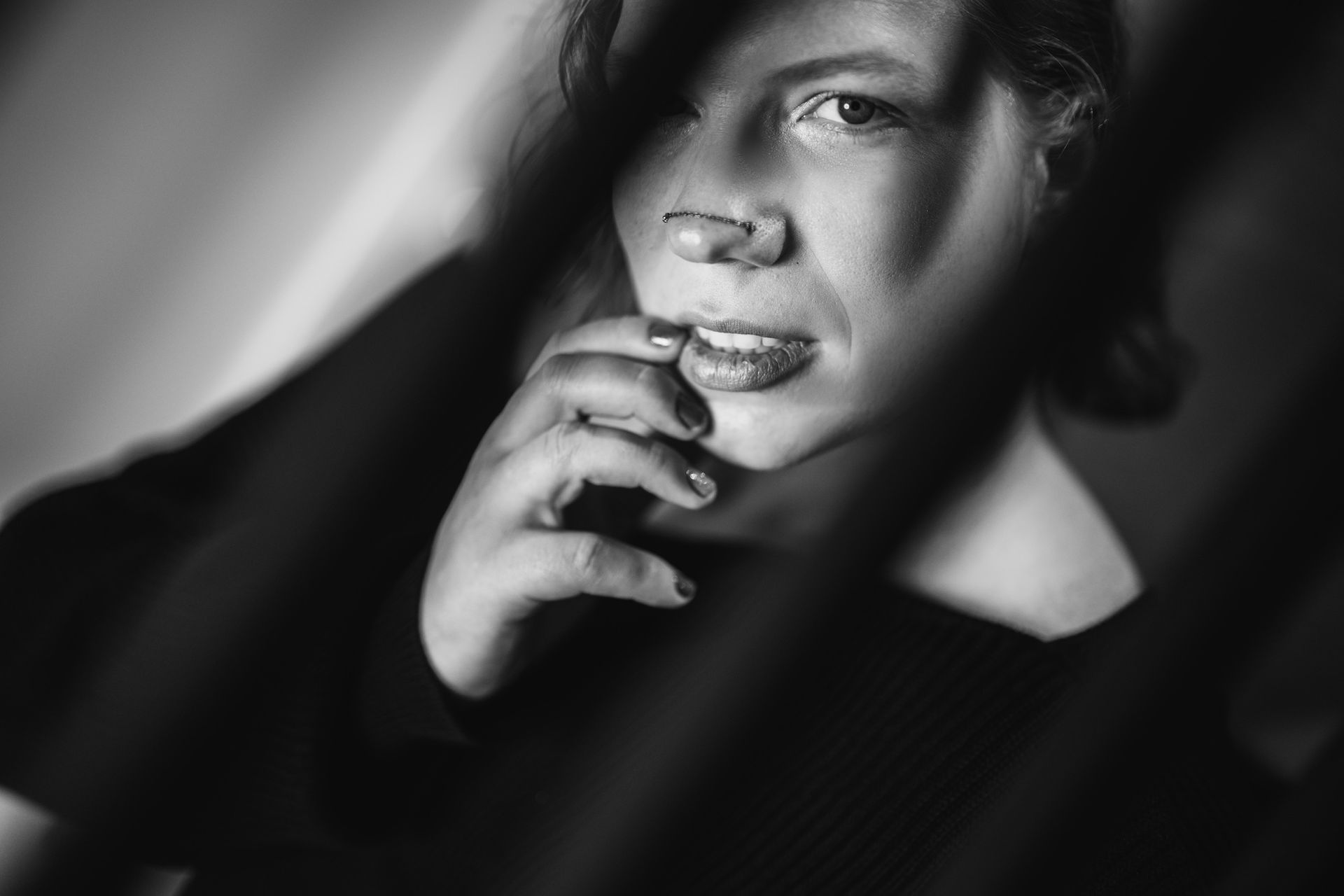
Lexie and Lindsay Kite's book “More Than a Body: Your Body is an Instrument not an Ornament” shows you how you can use those experiences to heal your relationship with your body, rather than staying stuck in a shame spiral. This book was absolutely revolutionary for my way of thinking about the functionality of my body. The quote that particularly spoke to me was from Lexie saying, “When we are self objectifying, our identities are split in two; the one living her life, and the one watching and judging her.” That line hit me like a punch to the gut. Turns out even if body insecurities are seated in functionality rather than image, they originate from the same way of thinking, and are equally deserving of understanding and healing! Although I may not frequently feel embarrassed by my body image, I still experience the same range of emotions and thought processes of any other woman that struggles with directing positive thoughts towards her body.
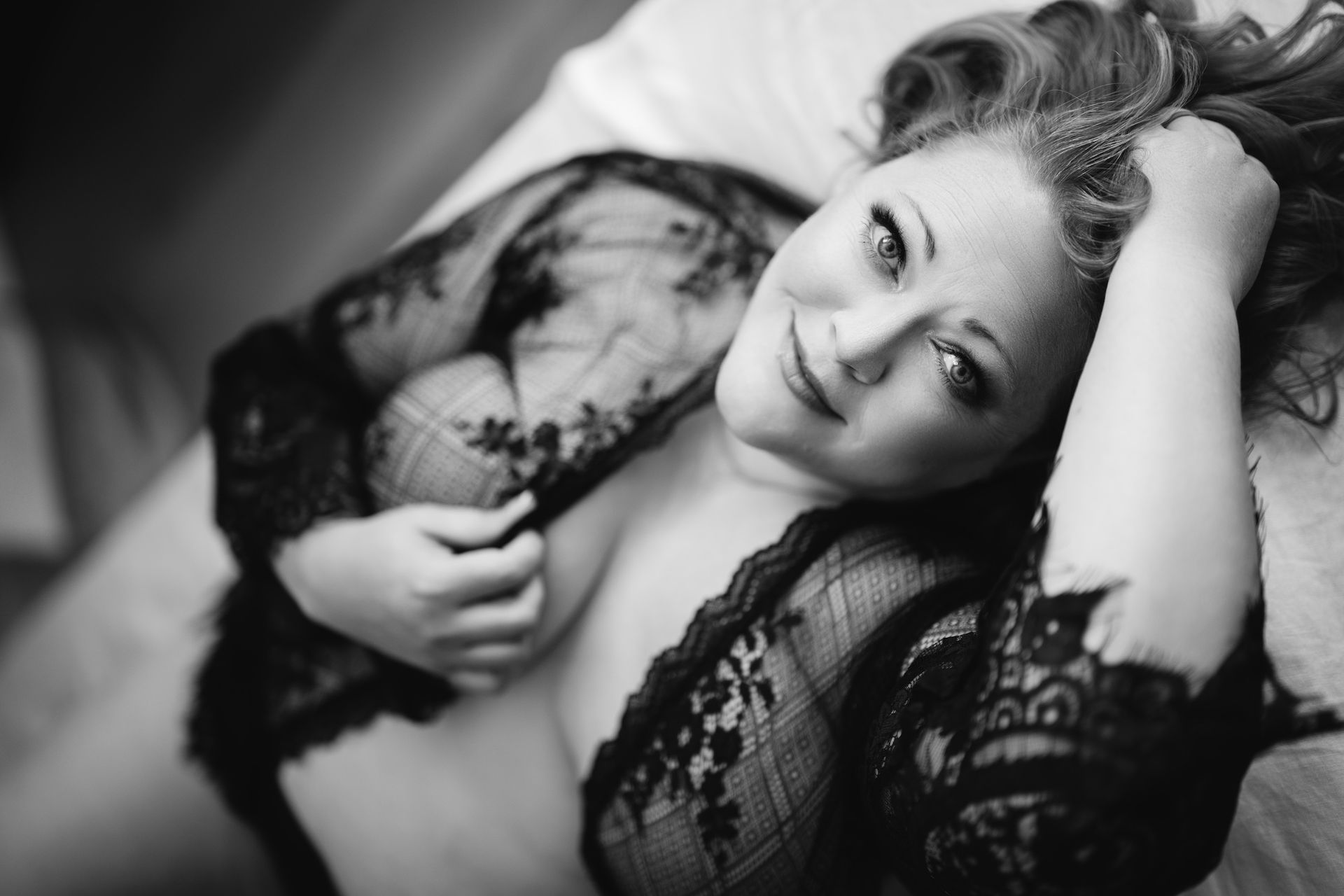
Okay, so my body is an instrument, not an ornament. I couldn't agree more, but let's get a little deeper into deconstructing the shame spiral that surfaces when the instrument is under repair, or doesn't function the way it's “supposed to.” First thing I gotta ask is, what do you mean by, “supposed to?” In the case of a work injury, it's easy to jump to the idea that how my body is meant to function is, of course, without the injury. But the very idea that my body is “supposed to” work a certain way is not the same as hoping for my body to heal. One feels like frustration and impatience, the other feels like self love and acceptance. The first step to deconstructing the shame spiral is identifying the difference between passive thinking and self-actualized thinking. Lindsay Kite goes on to explain, “When we live our lives in this perpetual state of body monitoring, we are living passively, being judged and consumed by ourselves and others - not self-actualized humans actively making choices.” In other words, whose standards am I holding myself to? And why the hell do I care about meeting those standards?
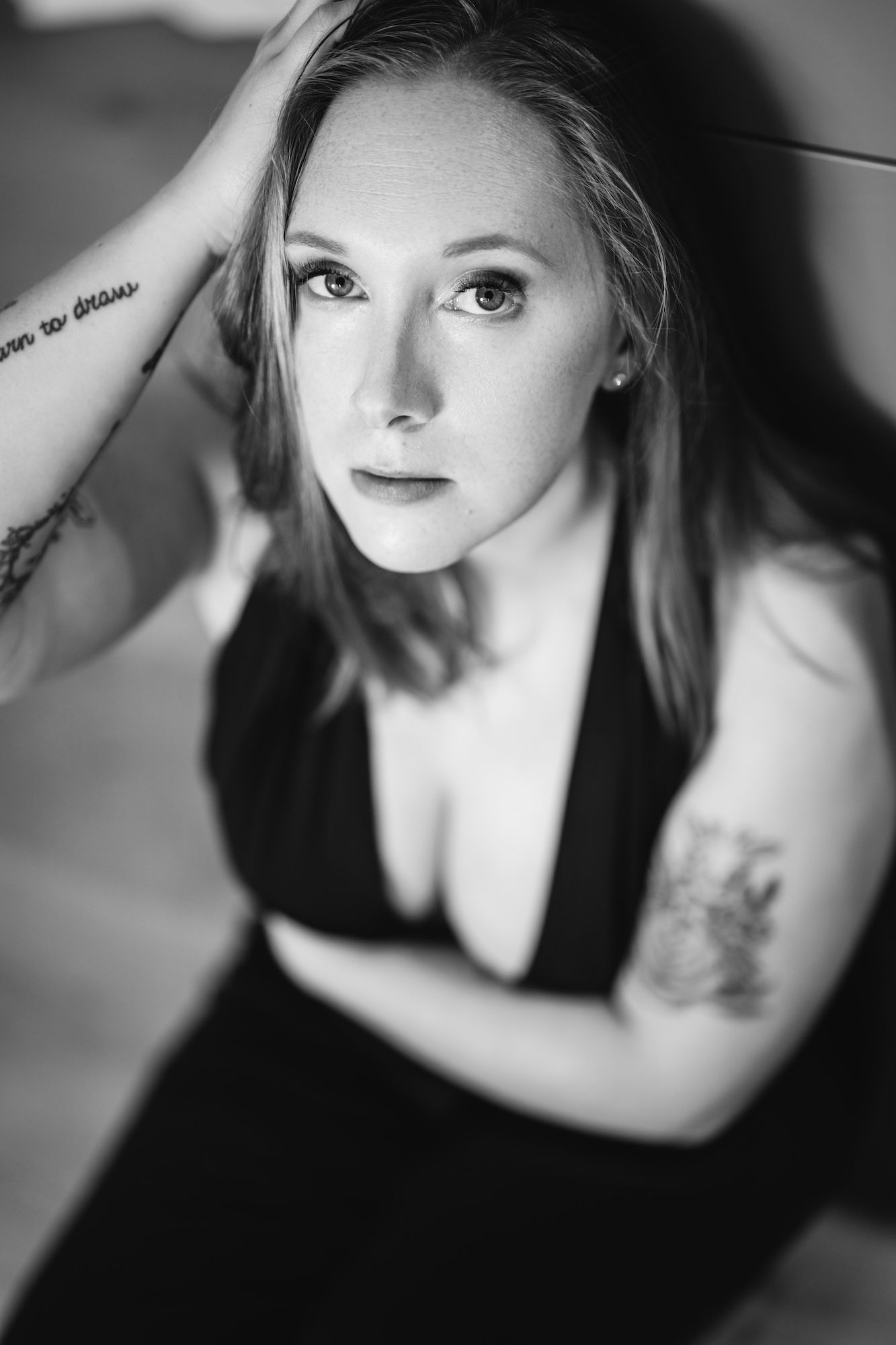
Let's take a step back. Viewing your body as an instrument and identifying self-actualized thinking are great points to make about body acceptance, and speak heavily on the topic of body image. But my body embarrasses and frustrates me the most when I can't enjoy my hobbies because of it and when I feel like I'm “missing out” on fun activities. It's hard not to place blame on myself or my body for not being up to task and needing rest - and let's be honest - it's okay to be frustrated about frustrating things. I'm learning to remind myself that it's valid to be frustrated about the situation, but to be careful not to direct that frustration onto myself and let it turn into embarrassment. The truth is, there's nothing to be embarrassed about, everyone needs help sometimes. And sometimes, I put WAY too much pressure on myself to be operating at 100% everyday. Reading what Lexie Kite had to say, “My body was never the problem - my perception of my body was the problem.” is absolutely something I hold onto in those frustrating moments.
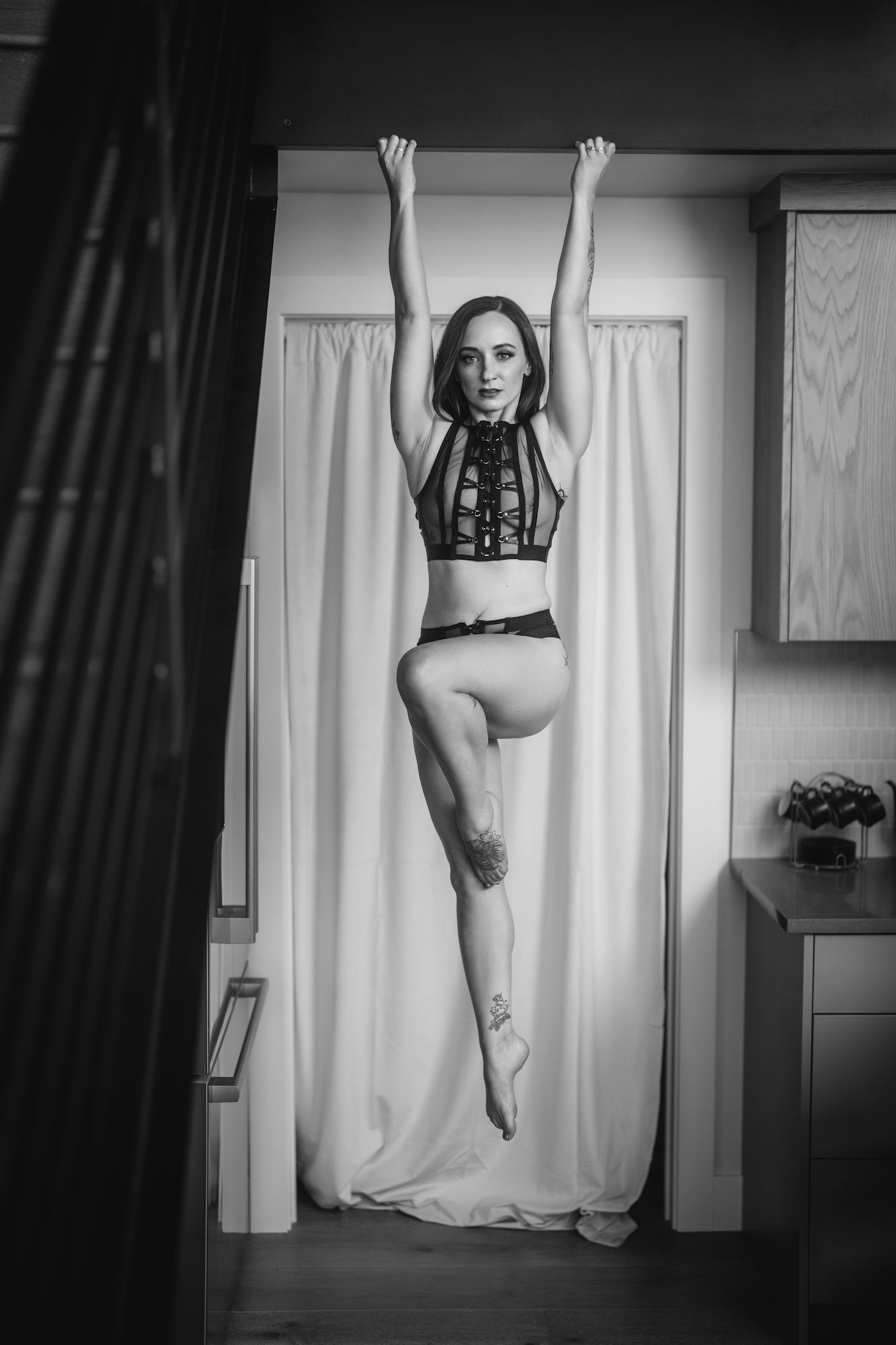
You, yes you reading this right now. This applies to you, too. Your body is an instrument, it's capable of some pretty freaking amazing things, and just like any instrument, it's going to need maintenance and repair. Your body, and the way it helps you transverse this world, can never keep you from what you choose to experience in life, only how you get to experience it. Your body is worthy of taking up space, receiving accommodation, and being viewed with grace - especially by you.
